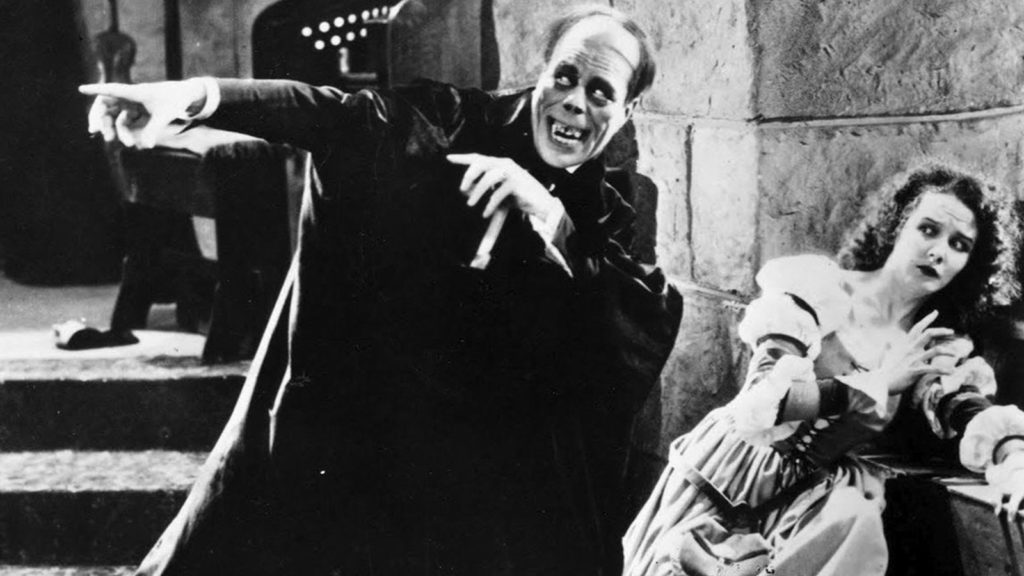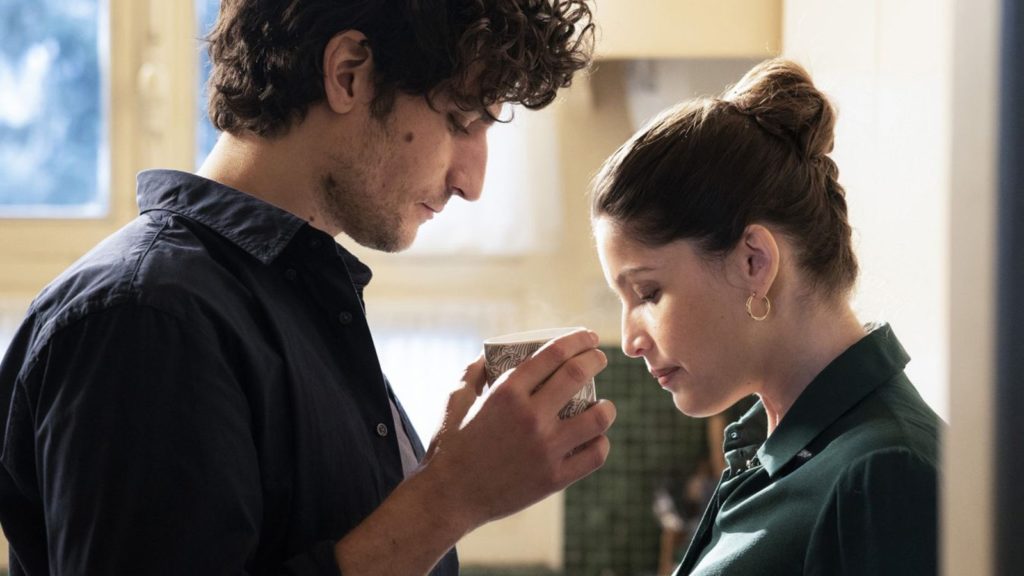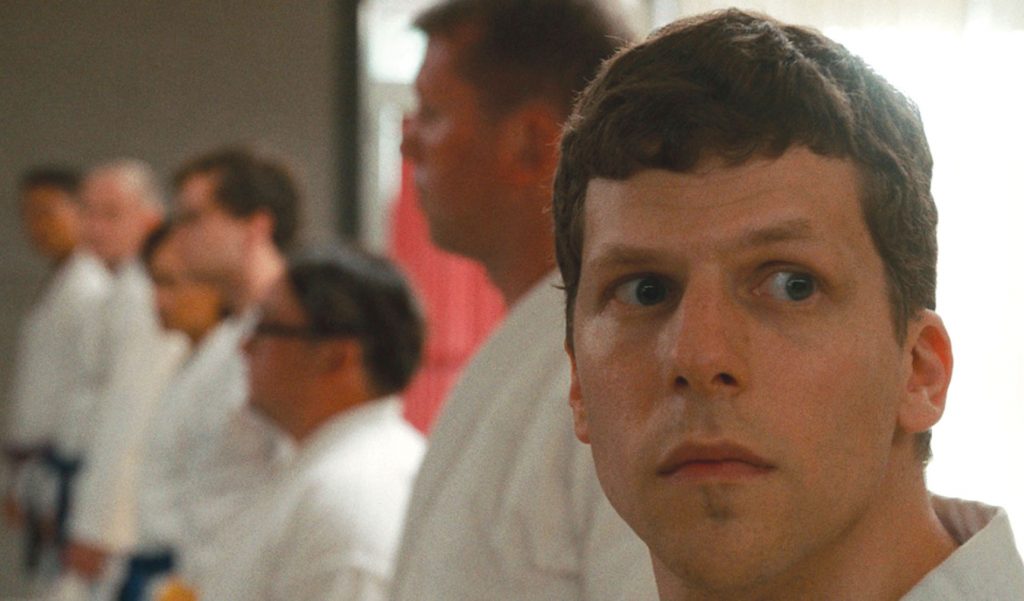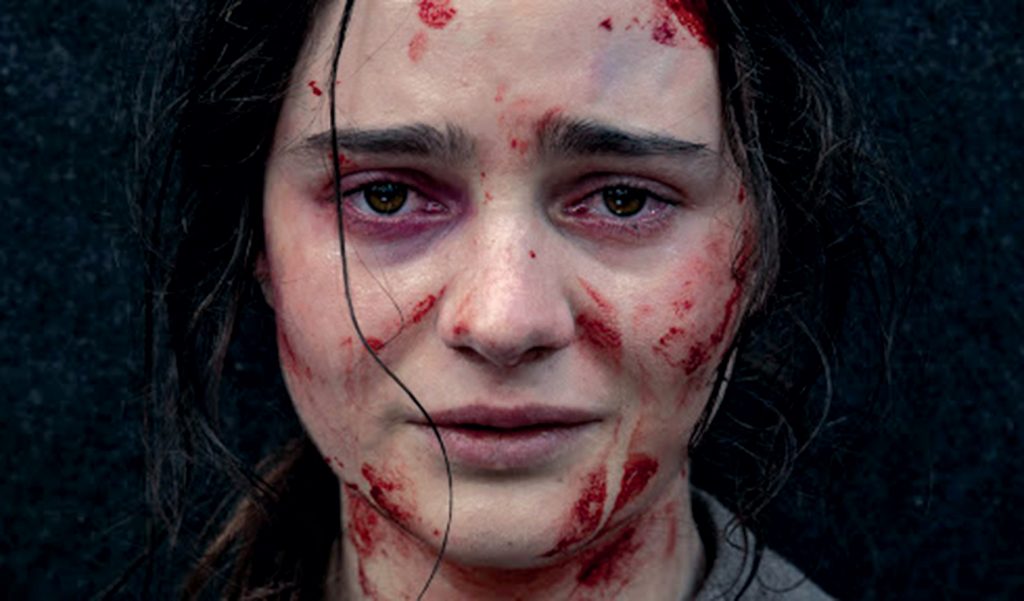Josh: We’re just about a third of the way through the 45th Seattle International Film Festival. Seems like the right time to check-in: how’s your SIFF so far?
Tony: I have to say, my SIFF thus far has been quality over quantity. I’ve only seen a half-dozen SIFF films, but all have been good-to-stellar. This year, I haven’t had as much opportunity to cram in mass quantities of films as in years past. Hoping to change that over the next two-plus weeks, for sure.
Josh: I’m a little ahead of you, but not by much (I also had a bit of a head start from a short Sundance jaunt this winter). I can throw myself headlong into a long weekend film festival and see three or four movies a day, but I’ve come to appreciate my limitations with SIFF and try not to burn out too quickly. So far, though, I’m pleased to say that I haven’t gone horribly wrong with any SIFF selections.
The Good: the Best Film You’ve Seen Since The Last Roundtable

Josh: Per usual, let’s start on a high note. What’s the best thing you’ve seen since our last festival kick-off roundtable?
Tony: Ironically (OK, maybe not so much for me), one of the greatest home runs for me has been the revival screening of the 1925 Phantom of the Opera. Impeccably scored by Austin indie/dark cabaret band The Invincible Czars, it was a great reminder of how effective Gaston LeRoux’s original source material is, and what a strong, ravishing melodrama was fashioned from the book, courtesy director Rupert Julian and star Lon Chaney. Chaney’s unmasking is still, to this day, utterly terrifying and iconic–especially on a big screen.

Chris: My most-anticipated movie was the documentary about my hero, Pauline Kael, called What She Said, and I brings me joy to report back that it far exceeded my expectations. I think it’s probably the best documentary I’ve ever seen about the life of a writer, and I think that’s because it spent a lot of time focusing on what a great prose stylist Kael was. She was a very concise writer, and I think her prose was underrated, but here (narrated by Sarah Jessica Parker), her prose comes to life.
Josh: I can’t wait to see that one — hoping to catch its final screening this week. (Wednesday, 3:30 pm SIFF Uptown)

This feels really basic, but my most enjoyable film was A Faithful Man. Having appeared as an actor in many of his father’s films, Louis Garrel has taken up the family business, directing himself, his wife Laetitia Casta, and Lily-Rose Depp in a twisty, often funny matter-of-fact morality fable. Over a very efficient 74 minutes, a man is unceremoniously dumped by a longtime girlfriend who announces that she’s pregnant with his friend’s child; eight years later, they reunite at that friend’s funeral. This sets off a long-simmering feelings, an unrequited crush, and the suspicions of a wise-beyond-his-years child. As the story plays out with dueling narration, the three vertices of a strange love triangle sort through romantic issues, mysteries, and wind up entertaining a very French proposition. It’s possible that the subtitles, attractive cast, and New Wave revival stylings gave it more heft than had it been an American film, but it accomplished a lot in 74 minutes — less than some episodes of prestige television drama.
The Rest: Other Highlights

Tony: Almost as much of a home run was the ShortsFest Opening Night May 23. Seven shorts were screened, and they were uniformly strong. My favorites of a very stacked lot were Obon, an immensely moving animated short soundtracked by verbal accounts from Akiko Takahura, one of the last surviving victims of Hiroshima; Black 14, a galvanizing doc about the fallout faced by black University of Wyoming football players exercising their right to protest; and Prizefighter, an absorbing, animated bio of America’s first black boxing champion Jack Johnson.
Chris: Did anyone else catch Who Let the Dogs Out? I reviewed it favorable on another post, but I want to highlight the short film that it played with. The fifteen-minute short is called Lost Weekend and it’s about my all-time favorite story or rock and roll excess from the 1980’s: Kurt Jeffries won a contest in 1984 to spend a weekend partying with Van Halen. Somehow, he and his +1 lived to tell the story 35 years later. It’s what The Dirt should’ve been.
Josh: I still haven’t, but now I’m beyond intrigued by both!
Tony: I also kinda loved Kifaru, an excellent doc about the efforts of a team of Kenyans working to keep the last few surviving white rhinos alive and safe from poachers. It’s a gorgeous Kenya travelogue that proceeds at an elegant, almost leisurely pace, while still delivering a powerful and sobering message about the ravages of human greed upon our planet and the other beings we share it with.
Chris: Tony, it makes me very happy that you made it to see Kifaru and enjoyed it. I have an interview with the guests from that movie that I’m anxious to share. That movie gutted me emotionally. I’ll have more to say when I post my interview, but that was one movie that really moved me.
Josh: I’ve seen and liked quite a few other movies at the festival and plan to at least give them the capsule review treatment when I get a minute. Until then, I’d recommend that fans of pitch-black comedies snag a ticket to The Art of Self-Defense, in which Jesse Eisenberg plays a stunted and anxious beta man who turns to the ancient art of karate to conquer his fears. It’s absurd, dry, and violent, but deals a deadly crane kick to a culture of toxic masculinity.
Let’s Get Into It: Hits and Misses

Josh: Usually by this point in the festival, there’s something I’ve truly despised, but so far I’m coming up empty on the spite front. Give it time, I guess … any nominations?
Chris: For me, I really did not love Running With Beto, which was a disappointment on a lot of levels. Beto O’Rourke is one of the people running for president as a Democrat that I don’t have any strong dislike of (and there are a few that I do). Here, though, there wasn’t a ton of substance here, even if O’Rourke has the charisma and empathy to make an effective politician, and while I think he ran an exceptional campaign, this feels like a PR campaign of a fledgling presidential campaign, and the movie vastly overstates the importance of his near-win. If you only have time in your schedule for one documentary about a Texas Democrat this SIFF, it really should be the Molly Ivins doc.
Josh: Ah, see, I fully agree that it didn’t make a compelling case for President O’Rourke, but I saw that as a feature not a bug, making it a more of general ground-level political documentary, and a good one at that. Sure, there was ample footage with the candidate (complete with upbeat and grumpy moments on the trail, which made a stop in every county in Texas as well as some fairly successful social media stunts to boost name recognition), moments with and without his family highlighting the personal toll of running for national office, and, of course, his response to a question about NFL player protests that went viral and catapulted him into the national conversation. But for me, the movie wasn’t really about him; so the lack of policy positions didn’t bother me. Instead, and even with incredible access to the candidate, the directors kept moving the focus away from Beto and putting the spotlight onto the volunteers who threw themselves headlong into his campaign. In particular, the three community organizers — a foul-mouthed supporter from the reddest of red counties, a recently-out formerly-republican lesbian juggling voter registration efforts and convincing her conservative family to look beyond Fox News, and a teen gun control advocate who survived a school shooting — were the real stars of the film. Knowing that they ultimately failed to unseat the truly loathsome Ted Cruz made the movie difficult to watch at times (each appearance garnered traditional Seattle hisses), but seeing how they channeled their frustration with Trump’s election into building a grassroots campaign left me feeling slightly less dejected about the future. Those who are interested can check it out on HBO starting tomorrow.

Tony: I have strong feelings about The Nightingale, the sophomore feature from Jennifer Kent, director of one of my favorite SIFF discoveries ever, 2014’s The Babadook. It is, from this cramped vantage point, three-quarters masterpiece, one-fourth frustrating as hell. It is, in so many ways, a stunning, if unremittingly brutal, work. It’s also deeply flawed. Unpacking what does and doesn’t work in it almost inevitably invites (no, practically demands) spoilers: Kent’s successes and failures at leaning on, and attempting to subvert, the rape-revenge film are impossible to discuss without spilling key plot turns. Another Knife + Heart-style Roundtable deep-dive may be in order.
Josh: The Nightingale is the first SIFF movie that I can ever recall coming with a trigger warning after the usual thank-the-sponsors and turn-off-your-devices introduction. And honestly, there are not enough warnings on earth to prepare the audience for everything that transpires in the ensuing 136 minutes (a warning that it was two hours sixteen minutes, not 1h36m as I misread the running time, would’ve also been welcome). An incomplete and spoilery listing: rape, guns, violence, murder, gang rape, baby killing, scenes of lynchings, racially-charged language, more gang rape, more murder (adult), yet even more murder (small child), violent revenge (adult), colonialism, structural racism, expectation of equine death (spoiler: the horse is fine). As they pile up, many people in my screening yelled at the screen, booed, and eventually walked out. But while I don’t argue with the validity of these reactions, I’d also assert that the film takes its power from none of these many depictions of evil being gratuitous or salacious.
Chris: Tony- I am 100% down for a roundtable on The Nightingale, which I liked a lot overall, but am in no way anxious to watch a second time.
Josh: I can’t say that I “enjoyed” it, but I gave it four of five SIFF stars because I thought that it was very successful on its own terms. But I am certain that I will never need to watch it again. The performances are fantastic, the highlights of the levels of structural inequities and the performance of power were chilling, and Kent studiously avoids any element of fantasy in this revenge tale. It is grim throughout, the consequences feel very real, and moments of satisfaction for the characters (or audience) are vanishingly rare.
The Meta: Anything Else You’ve Noticed About The Festival
Chris: Friends, I do have something to report from the Running With Beto screening that I must share. As you know, I usually keep my opinions on passhole behavior to myself and don’t usually treat it as something worth mentioning, but that movie began with an announcement that the SIFF passholders need to refrain from further clipping their nails during the movies, as apparently someone did that the day before. Moreover, there was also a warning that management at the adjacent Johnny Rockets was complaining about SIFF members moving the restaurant’s chairs to sit down before the theater opened and failing to return them to where they were found. That was greeted with a “Stay away from Johnny Rockets, they’re being total bastards about this.”
Josh: I thought that my capacity for surprise at the peculiarities of the obsessive SIFF-goer had been exhausted, but you have proven be wrong twice-over! I really have a thousand questions but am afraid to know the answers about the Nail Clipping Incident. In terms of the chairs, Pacific Place really is in shambles this year, the least we can do is be kind to the tenants who are holding it together in the midst of massive construction!
Until next time, hope everyone has another great week at the festival!
Keep track of the SunBreak’s ongoing SIFF coverage on our SIFF 2019 page, plus news, updates, and micro-reviews on Twitter @theSunBreak.



